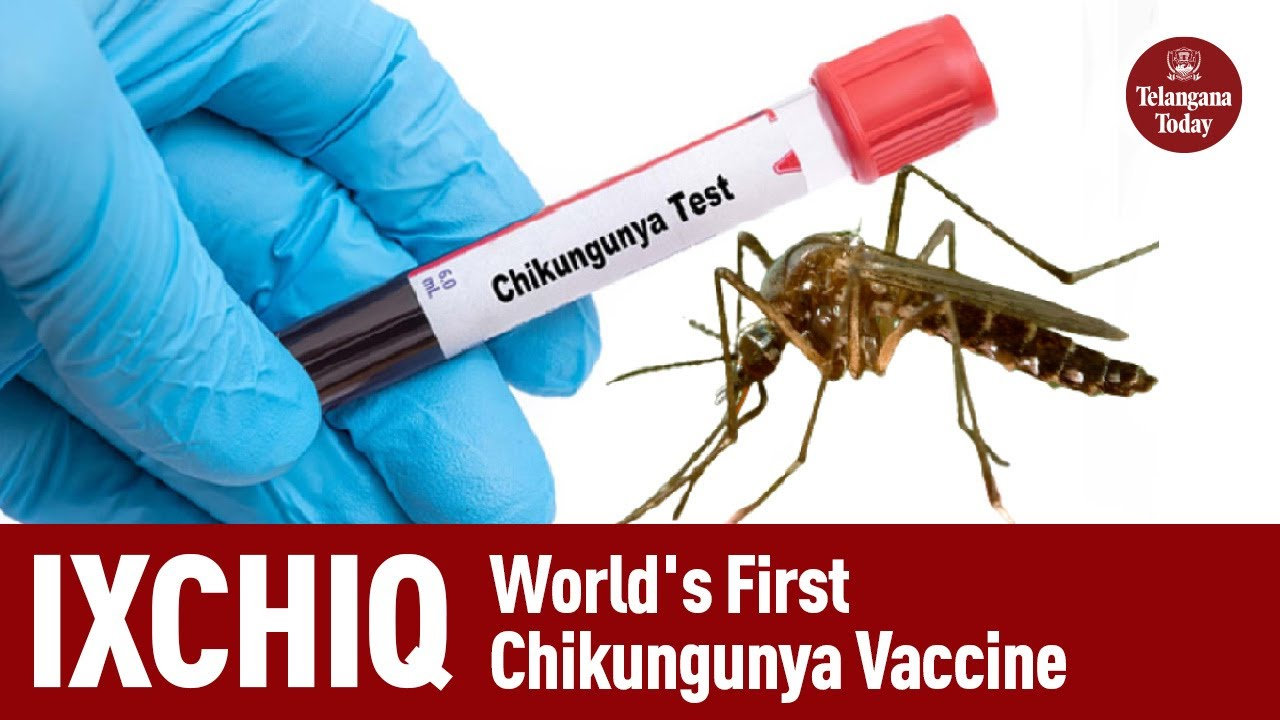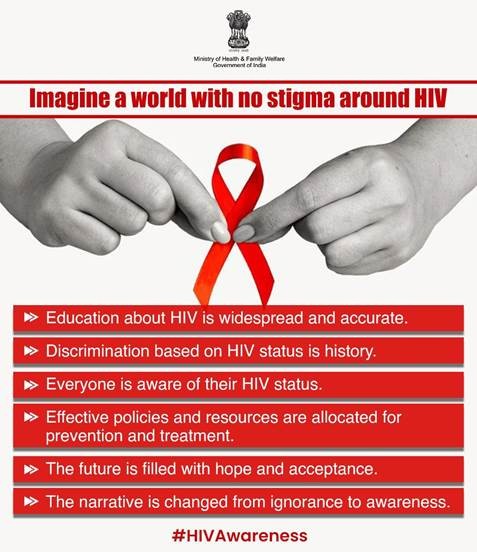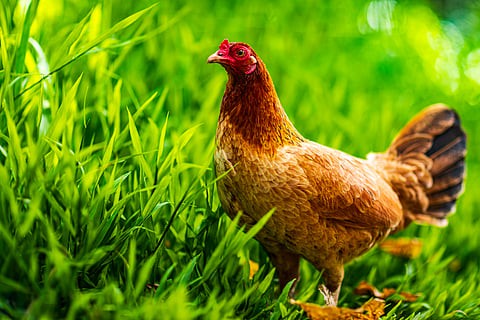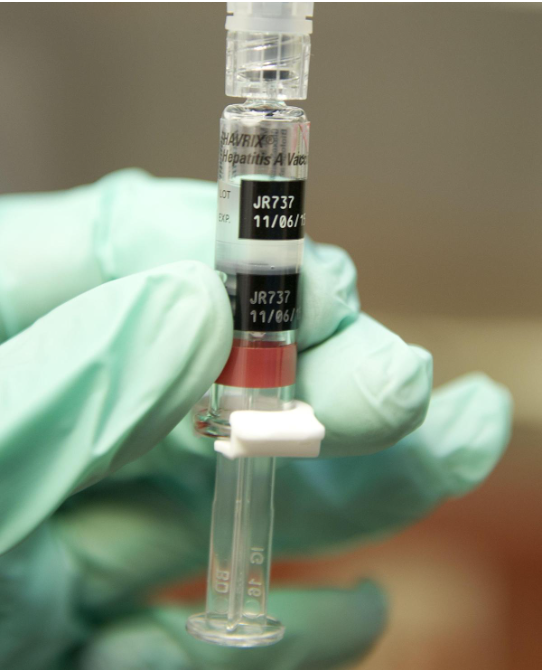Description

Copyright infringement not intended
Picture Courtesy: telanganatoday.com
Context: The U.S. Food and Drug Administration (FDA) has approved Ixchiq, the world's first vaccine for chikungunya, marking a crucial milestone in addressing the emerging global health threat posed by the mosquito-borne virus.
Details
Chikungunya Virus
- Chikungunya is a viral infection primarily transmitted to humans through the bites of infected mosquitoes, particularly Aedes aegypti and Aedes albopictus.
- The virus is commonly found in tropical and subtropical regions of Africa, Southeast Asia, and parts of the Americas.
- Chikungunya infection is characterized by symptoms such as fever and severe joint pain. While the virus is generally not fatal, it can lead to prolonged health issues, especially in older adults and individuals with underlying medical conditions.
World's First Chikungunya Vaccine - Ixchiq
- The vaccine, named Ixchiq, was developed by Valneva, a European pharmaceutical company.
- The U.S. Food and Drug Administration (FDA) approved Ixchiq, making it the first-ever vaccine for chikungunya.
- The vaccine is approved for individuals aged 18 and over who are at an increased risk of exposure to the chikungunya virus.
- The approval is anticipated to facilitate the rapid deployment of the vaccine, particularly in regions where the virus is prevalent.
.jpg)
Chikungunya's Global Impact and Spread
- The FDA notes that the chikungunya virus has spread to new geographical areas, resulting in a significant increase in global prevalence, with over five million cases reported in the past 15 years.
- Infection with chikungunya can lead to severe disease and prolonged health problems, especially for certain demographic groups.
Vaccine Composition and Administration
- Ixchiq is a one-dose vaccine that contains a live, weakened version of the chikungunya virus, following the standard approach used in many vaccines.
- Two clinical trials involving 3,500 people were conducted in North America to assess the safety and efficacy of the vaccine.
- Reported side effects included headache, fatigue, muscle and joint pain, fever, and nausea.
- Serious reactions were reported in 1.6% of Ixchiq recipients in the trials, with two individuals requiring hospitalization.
- Some vaccine recipients experienced chikungunya-like adverse reactions that lasted for 30 days or more.
Concerns and Future Implications
- Public health experts have expressed concerns about chikungunya potentially becoming a future pandemic threat, particularly as climate change alters the distribution of mosquitoes that transmit the virus.
- Chikungunya can be transmitted from a pregnant person to their unborn child, and it can be fatal to newborns. The FDA acknowledges uncertainty regarding whether the vaccine virus can be transmitted from mother to baby in utero and if the vaccine can cause adverse effects in newborns.
Global Authorization Efforts
- Valneva has applied for authorization with the European Medicines Agency (EMA), suggesting efforts to make the vaccine available beyond the United States.

Conclusion
- The approval of the Chikungunya vaccine represents a significant step in addressing a previously unmet medical need. The vaccine, Ixchiq, has undergone clinical trials, and its approval is expected to contribute to the prevention of chikungunya in populations at risk, with ongoing efforts to secure authorization for global use.
Must Read Articles:
Chikungunya Vaccine: https://www.iasgyan.in/daily-current-affairs/chikungunya-vaccine
|
PRACTICE QUESTION
Q. What are the key characteristics and challenges associated with the spread and control of viral diseases, and how can advancements in medical research contribute to more effective prevention and treatment strategies?
|











